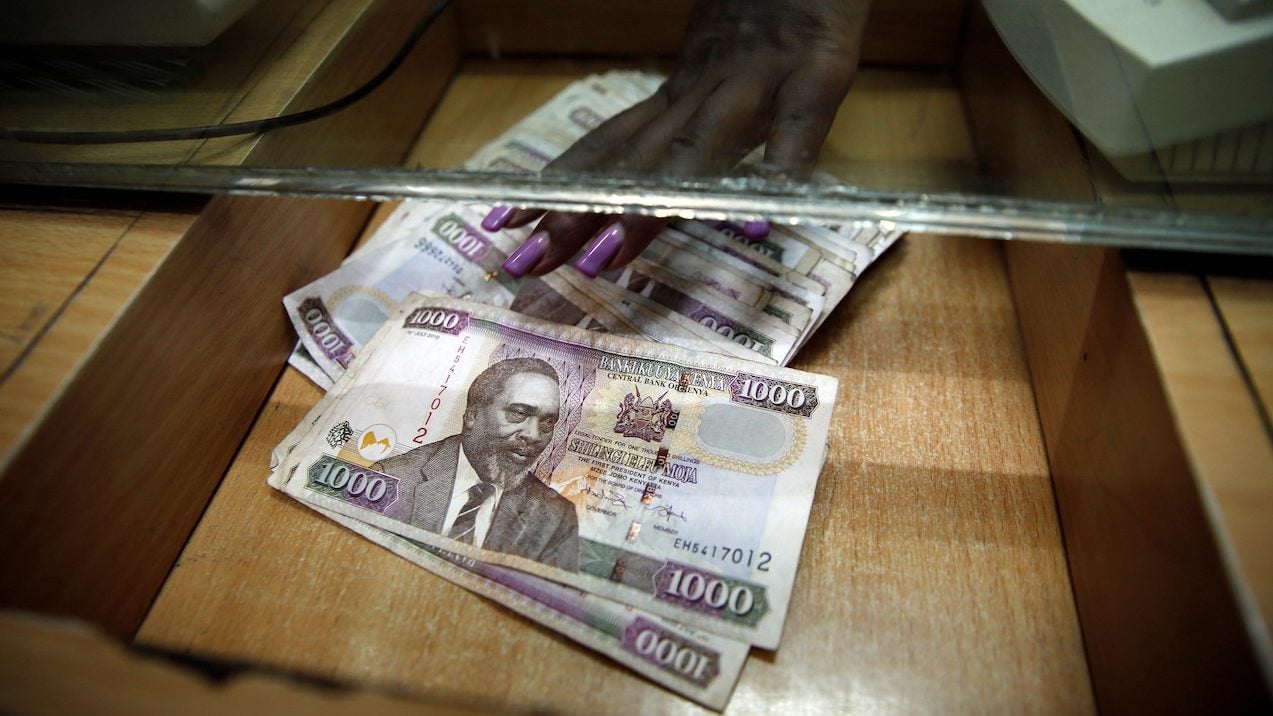Smartphones are making Kenya’s gambling problem even worse
Smartphones have been hailed in Africa for everything from improving emergency and rural health care to enabling e-commerce and better supply chains. But in some cases, their contribution to improving society may be debatable.


Smartphones have been hailed in Africa for everything from improving emergency and rural health care to enabling e-commerce and better supply chains. But in some cases, their contribution to improving society may be debatable.
According to the Digital Skills Observatory, a research group funded by the Bill and Melinda Gates Foundation and run by Mozilla, smartphone usage in Kenya seems to increase the amount of time people spend gambling.
One third of respondents in seven regions of Kenya reported using their phones for “betting.” In some cases, being able to use gambling apps and sites was the primary reason for getting a smartphone.
“Gambling provides them with a (false and risky) promise of better days,” the report (pdf. p 49), released notes.
Kenya is home to the third largest gambling market on the continent after South Africa and Nigeria. The explosion of the industry over the last decade has boosted cyber cafes, online betting platforms, makeshift casinos, and imports of inexpensive slot machines from China. Kenya’s betting revenues are expected to reach 5.1 billion Kenyan shillings by 2020, a 142% rise from 2014.
Other African countries home to large populations of unemployed youth are also seeing an increase in gambling, especially sports betting. In Uganda, local communities have tried to ban it.
SportPesa, a Kenyan online sports betting platform, was the second most-visited website by smartphone users polled in the project—after Google and ahead of Facebook. The survey found that three other gambling sites were among the 20 most visited URLs by smartphone users.
Bettors can place wages as low as 10 shillings ($0.10) and use the web to research and place their wagers. Respondents said they used winnings to furnish their homes or buy new electronics. Some believed crime in their neighborhood had been reduced because local men are preoccupied with betting.
Still, the harm appears to outweigh the good. According to the survey, half of respondents spent more on gambling than they earned.